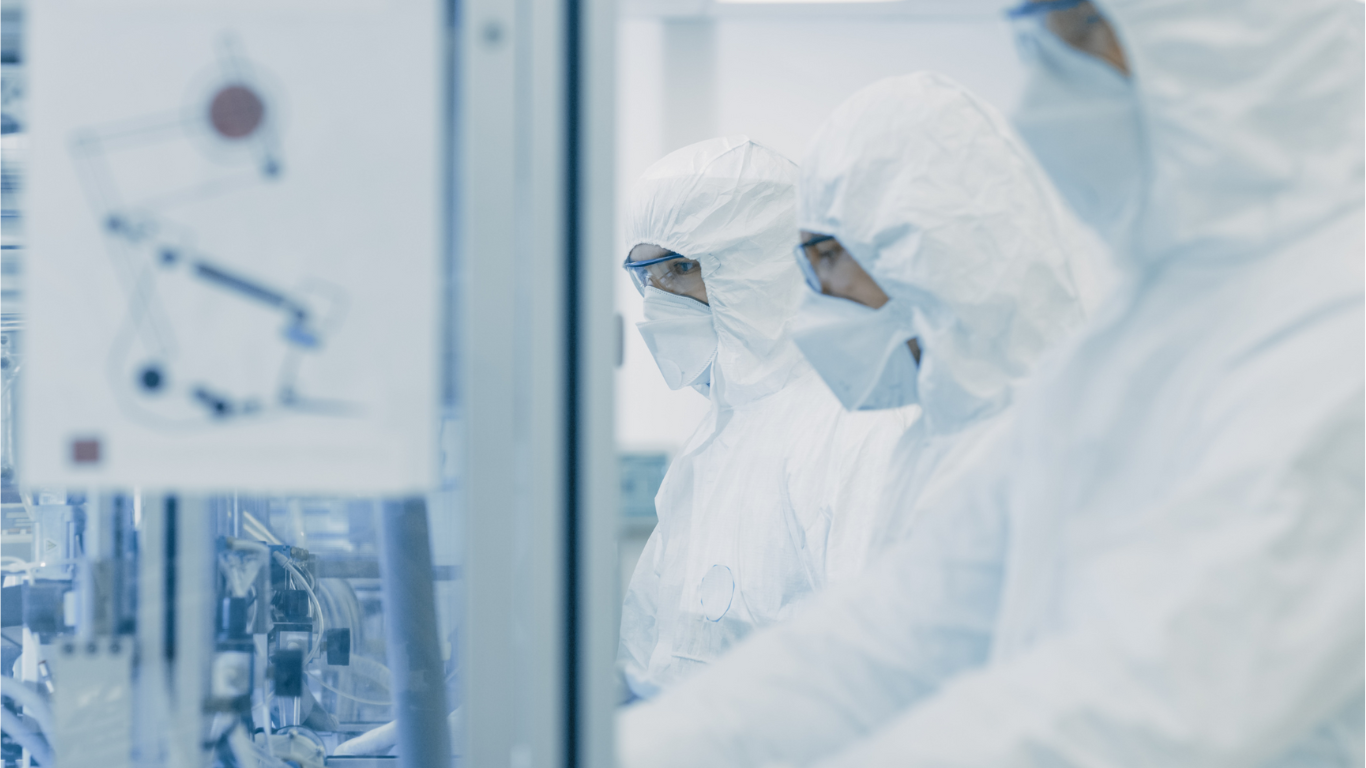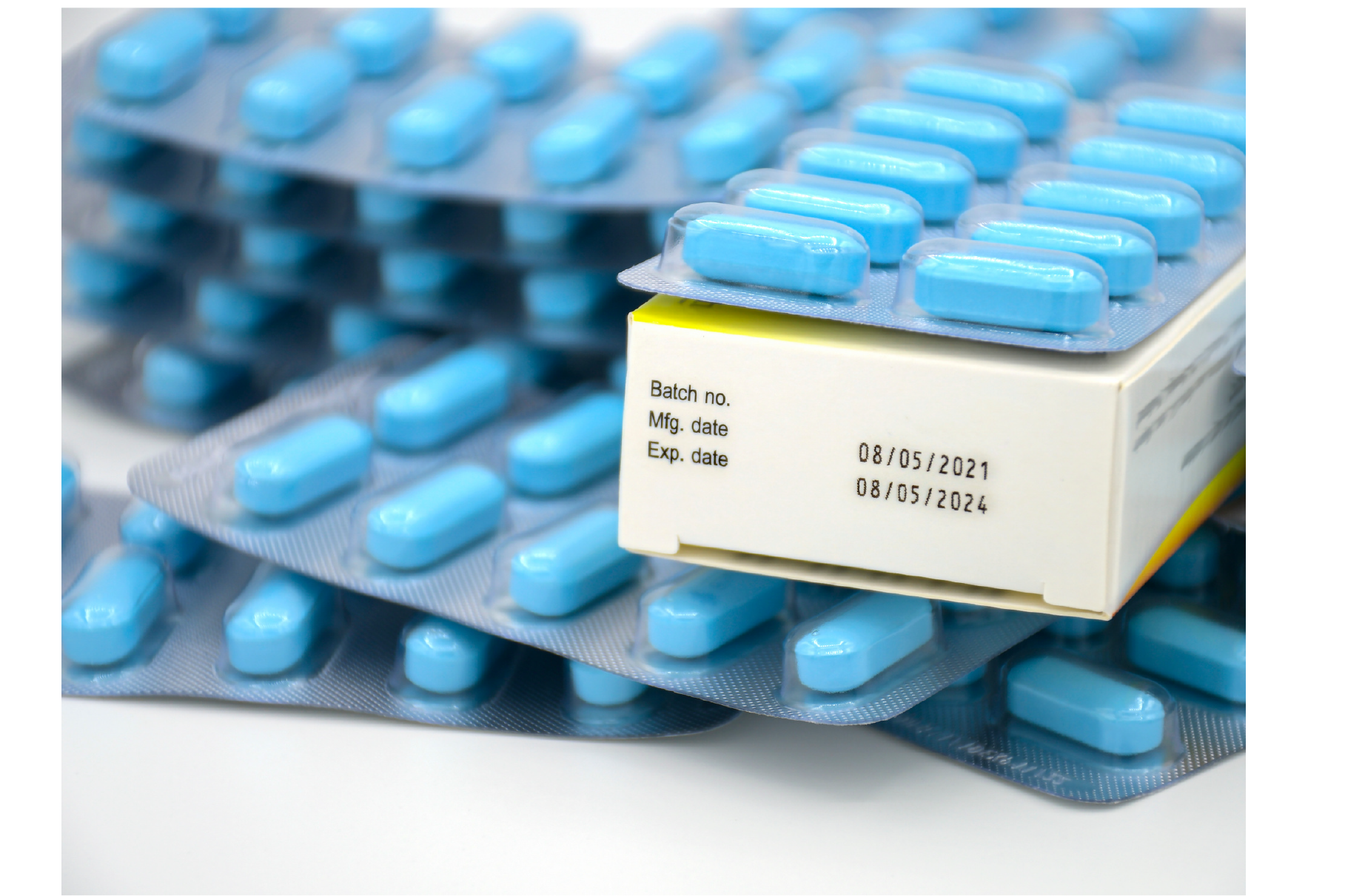
The Importance of Periodic
Calibration of Measuring Instruments
The Importance of Periodic
Calibration of Measuring Instruments
Periodic calibration of measuring instruments used in a pharmaceutical facility is a crucial process to ensure that they maintain accurate performance over time.
Guarantee of Precision
Measuring instruments, such as scales and thermometers, must provide precise results to ensure the correct formulation and analysis of pharmaceuticals. Periodic calibration ensures that the instruments maintain their accuracy over time, preventing measurement errors that could compromise the quality of the final product.
Regulatory Compliance
The pharmaceutical industry is subject to strict regulations and quality standards, including GMP (Good Manufacturing Practices) and ISO (International Organization for Standardization). Periodic calibration of instruments is an essential regulatory requirement to ensure compliance with quality standards and government regulations. Without regular calibration, a pharmaceutical facility risks failing to meet regulatory requirements, with legal and reputational consequences.
Mitigation of Safety Risks
Failure to calibrate measuring instruments can lead to serious consequences for patient safety. For example, an uncalibrated scale could result in incorrect dosages of active ingredients in medications, jeopardizing patient health. Periodic calibration significantly reduces the risk of dosage errors and other issues related to drug safety
Process Optimization
Properly calibrated instruments enable more accurate control of production and analysis processes. This results in greater operational efficiency, reduced machine downtime, and less resource waste. Additionally, regular calibration can uncover potential issues or malfunctions with instruments, allowing for timely interventions to maintain production efficiency.
Improvement of Product Quality
The accuracy of measuring instruments directly impacts the quality of the final product. Periodic calibration ensures that the pharmaceuticals produced meet the required quality standards, helping to maintain the trust of patients and regulators in the safety and efficacy of pharmaceutical products.
In Conclusion
Periodic calibration of instruments used in a pharmaceutical facility is a critical process to ensure the quality, regulatory compliance, and safety of the produced medicines. Investing in regular calibration practices guarantees product quality, enhances operational efficiency, and helps preserve the company's reputation and credibility in the pharmaceutical industry.

